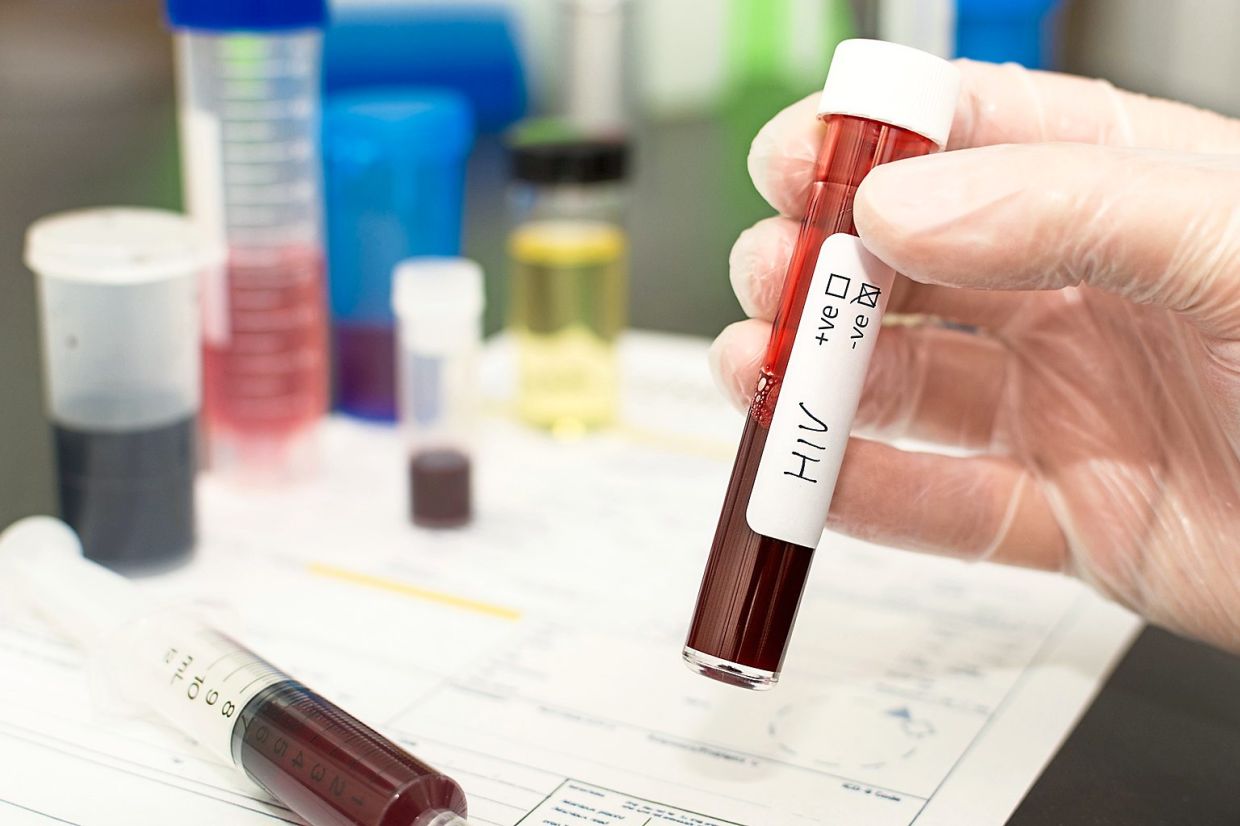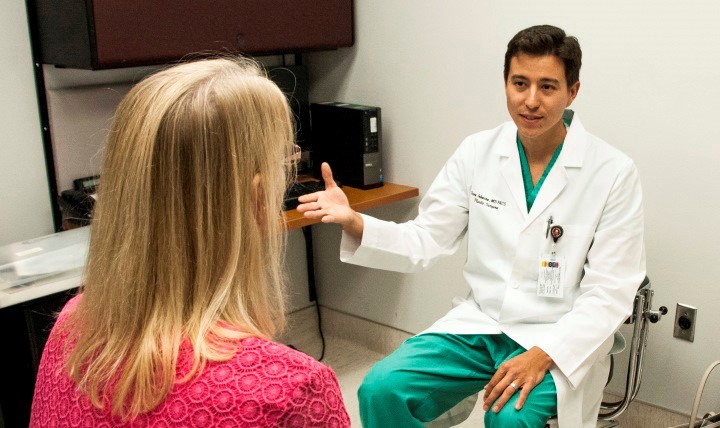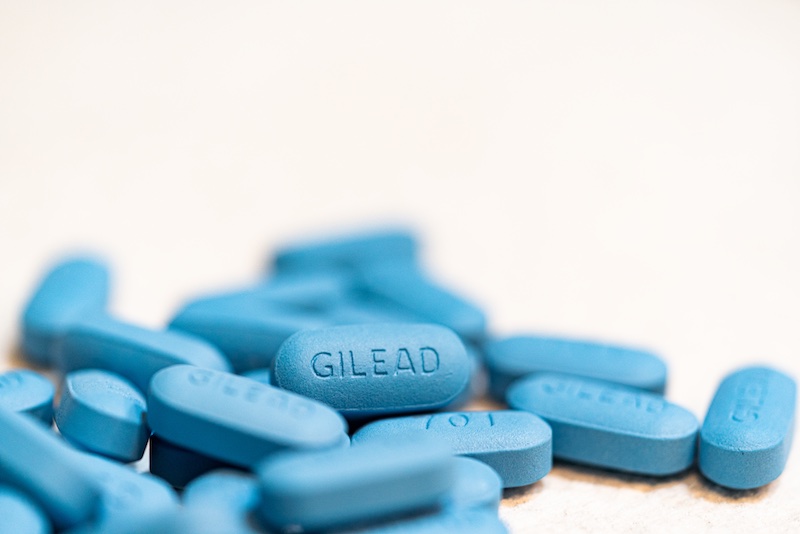Browse the internet for 15 minutes and you’ll find a multitude of misconceptions about sex, safe sex practices and sexually-transmitted infections (STIs).
We know that these problems can be quite embarrassing to ask about, especially among friends and family.
Not to worry, we’re here to help answer some of these questions, so read on to learn more about STIs from general practitioner Dr Chester Lan.
What is the difference between STI and STD?
STI stands for sexually-transmitted infection, while STD stands for sexually-transmitted disease.
When we say disease, it usually refers to a condition that negatively affects the structure or function of the human body.
Most of these present as symptoms of the disease.
Infections however, refer to microorganisms infecting a person, which may or may not cause symptoms.
In most cases, there are negative connotations tied to the use of the word disease, and the usage of STI lessens the stigma associated with these conditions.
The usage also recognises that many people with STIs may not have any symptoms at all.
These two terms, however, can be used interchangeably.
Can condoms prevent STI transmission?
Both condom types (internal and external) are great and effective in reducing risk of contracting STIs as they minimise skin-to-skin contact and the exchange of bodily fluids, but they are not 100% effective.
Issues may occur such as condom slippage or breakage, improper use, improper removal technique or improper coverage of all areas of the genital skin.
However, doctors still recommend using barrier protection methods as they remain highly effective, with studies reporting effectiveness to be as high as 90%.
It also reduces the risk of unplanned pregnancies in heterosexual couples.
A condom’s efficacy can be increased by purchasing one that fits properly, storing them correctly, ensuring they have not yet expired, opening the packaging carefully (never use your teeth!), avoiding double-gloving (where one condom is sheathed on top of the other for so-called extra protection), and paying extra attention to removing the condom properly.
Partner selection and regular STI screening can also reduce the risk of transmission and contraction.
Can you catch an STI from toilets?
In general, we tell our patients that while there is a theoretical risk, it is extremely low – even negligible.
This is because most STIs cannot survive outside of the body for an extended period of time, as they require the body’s mucous membranes to live.
As such, when exposed on the toilet seat, the bacteria dies off relatively quickly.
To date, no one has definitively proven that they contracted a STI through toilet usage.
Can you get an STI through oral sex?
Yes. In fact, thinking that STIs cannot spread through oral sex is a very common misconception that we see on a regular basis.
Oral sex on both the giving and receiving end carries the risk of contracting STIs such as herpes, chlamydia and gonorrhoea, just to name a few.
However, not all STIs can be contracted via oral sex.
There is negligible risk of passing on HIV (human immunodeficiency virus), for example, when performing oral sex.
Do keep in mind that STIs can not only thrive in the penile urethra, vaginal canal or anal canal, but also in the throat and pharynx.
Dental dams can be used to reduce the risk as they are also a form of barrier protection.
Does washing my genitals or douching after sex protect me from getting an STI? Not for douching.
In fact, some studies have shown that douching actually increases your risk of an STI.
In general, we do not recommend douching for females.
The vagina itself is a self-regulatory and self-cleaning canal.
To take care of one’s vagina, women only need to wash the vulva with plain warm water and mild soap.
Do not use harsh soaps as it can dry out and irritate sensitive areas.
For males, it is a good habit to wash your penis and foreskin after sexual intercourse.
And similarly, use only mild soap to reduce the risk of any infections.
Does urinating after sex protect me from an STI?
No, it does not.
It does, however, reduce your risk of contracting urinary tract infections for both males and females.
Does using oral contraceptives prevent STIs?
No, they do not.
Oral contraceptives work to significantly reduce the chances of pregnancy, but they do nothing against STI transmission or contraction.
Using barrier protection (i.e. condoms), proper partner selection and regular STI screening are the best ways to reduce the risk of STIs.
Does having an STI mean that I am more likely to get HIV in the future?
Not necessarily.
Unsafe sex practices, not the STI itself, make a person more likely to not only contract HIV, but also STIs in general.
Having said that, studies have shown that STIs cause inflammation and symptoms such as open sores on the genitals, which may increase the risk of contracting other STIs, including HIV.
This is as the skin no longer serves as an effective first-line barrier against any infection.
How often should I get tested for STIs?
If you are in a monogamous, mutually-trusting relationship and both parties have already tested negative for STIs, then there is no need for regular testing.
However, if you have recently changed partners, are unsure of your current STI status, or are entering a new relationship, it is a good idea to get tested.
Bear in mind that there is a window period for STI screening, so it may take some time before the test shows a positive result after you have been infected.
If you do have symptoms, it is best to get tested immediately.
If you change sexual partners frequently, it is a good idea to get tested once every two to three months.
Are STI tests accurate?
There are no tests that can guarantee 100% accuracy.
However, most tests that are done correctly, and after the window period, can be extremely accurate and considered conclusive.
Discovered on: 2022-08-23 09:00:00
Source: Too embarrassed to ask about STDs? Read on for some answers



